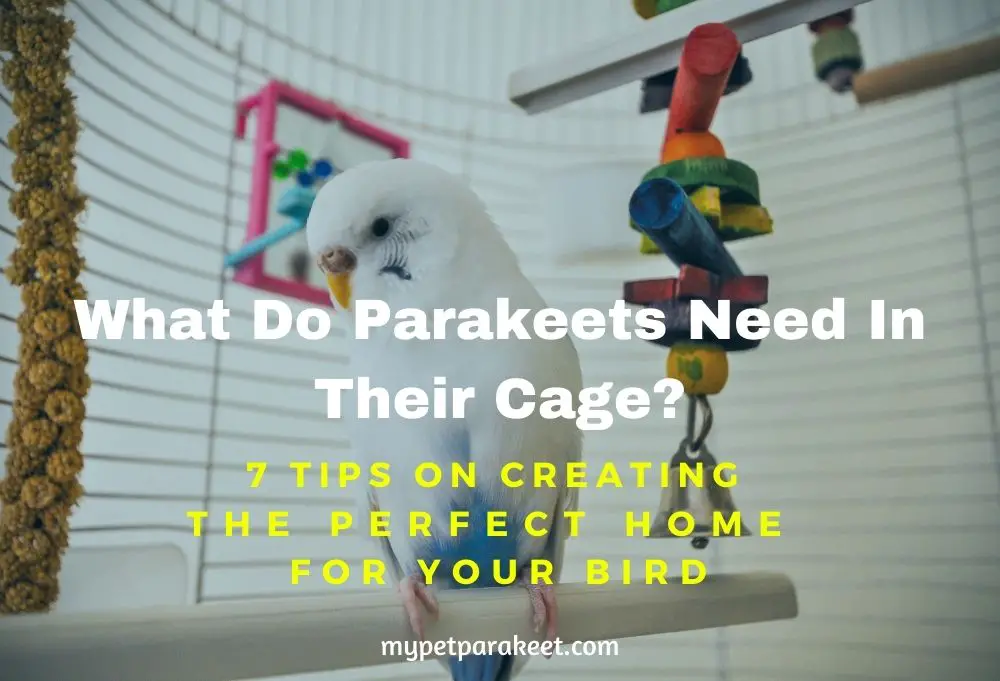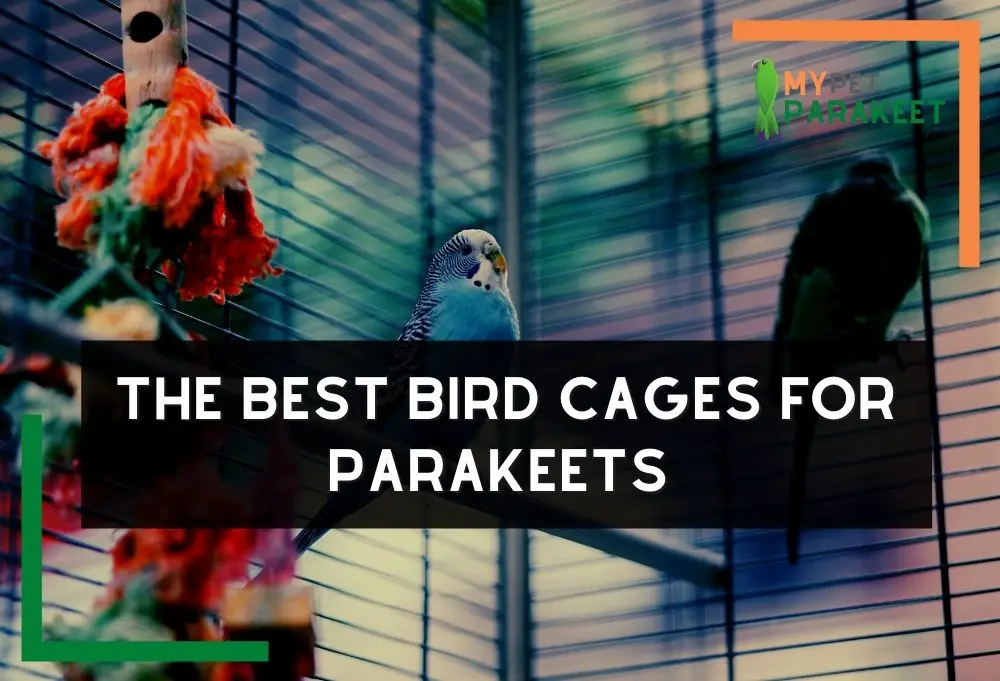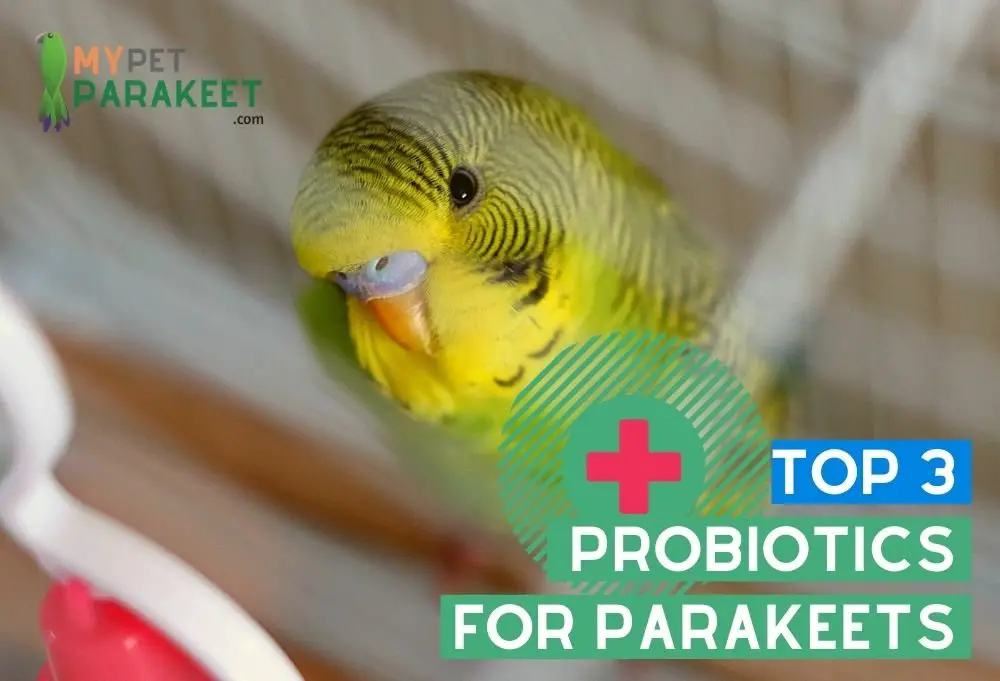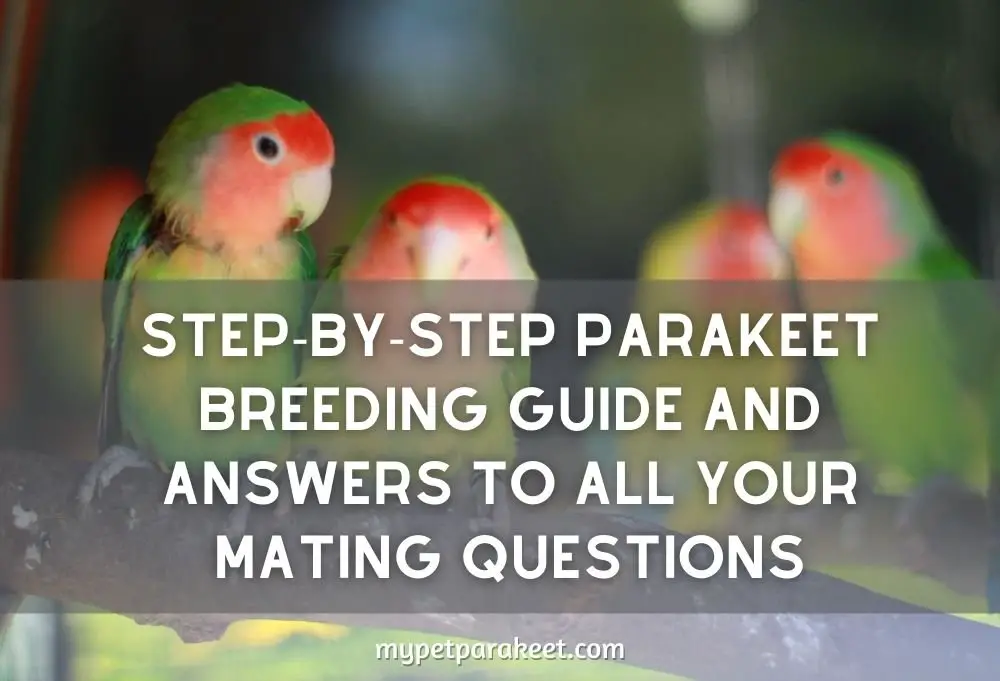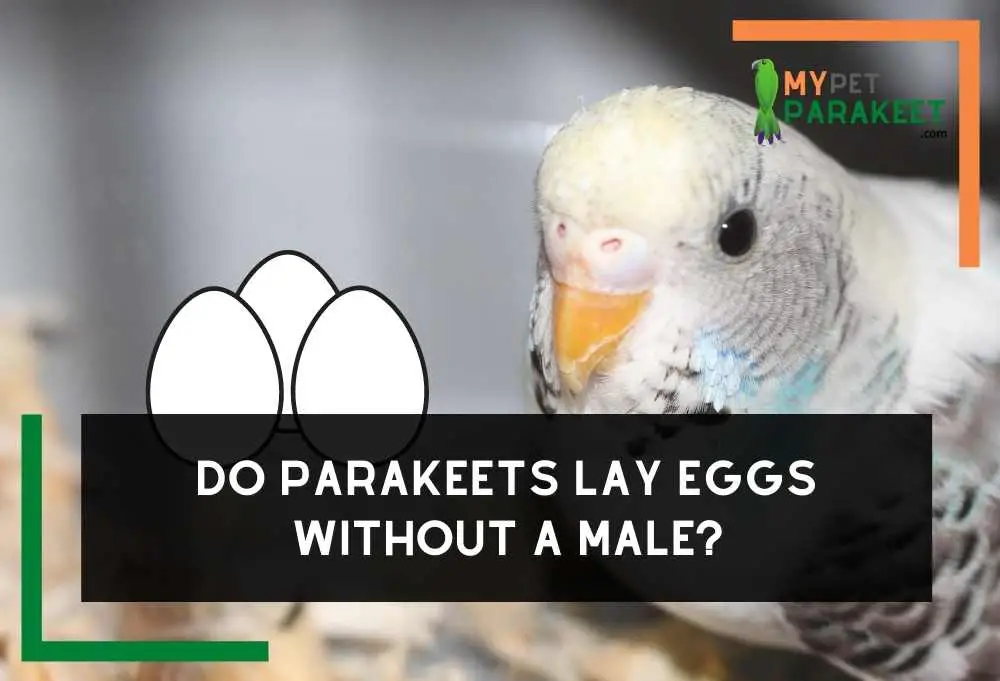Whether we are talking about parakeets, chickens, or most other bird species, the mother hen is the most important part of how to care for abandoned bird eggs. If the mother hen dies after laying her eggs, abandons, or simply refuses to care for them, this is a tragic and life-threatening event for the young eggs. However, you may be able to save the eggs that have been abandoned by incubating them with a heat lamp!
There are a few different ways how you can care for the abandoned eggs that your pet bird has left behind; in this article, we will discuss these ways and hopefully keep your little eggs viable until they hatch into new feathered friends!
First, we will answer some of the main questions you might have since being presented with this issue:
Can You Save Abandoned Bird Eggs?
The answer depends on whether you are talking about wild birds or your pet bird.
In the wild, it is not advised to try to save abandoned bird eggs. You should contact your nearest wildlife rescue for help before the eggs might completely die off.
Whereas in your home, yes, you can save abandoned bird eggs if you are willing to take on the responsibility of caring for them until they hatch and if you have discovered them in good time.
How Long Can Abandoned Bird Eggs Survive?
Abandoned eggs can survive anywhere from three to four days. The success rate for hatching a fertilized egg will drop each day. The three-day window of time produces the most successful results, though sometimes even two to four days may be successful or unsuccessful.
If someone is interested in incubating abandoned eggs, any time frame could result in successfully hatching chicks if followed diligently.
Will Bird Eggs Survive Without The Mother?
A mother hen's egg must be incubated to develop into a chick. Without the mother, the eggs will not survive and will die if not incubated in time.
How Long Can An Egg Survive Without Heat?
Without the heat from incubation, fertilized eggs will die within three days.
Do Eggs Die If They Get Cold?
Yes, the eggs will die if they get cold. It is for this reason that it is important to keep the eggs warm, so they don't die.
How To Care For Abandoned Bird Eggs
Viability Check
Check if eggs are viable by performing one of two tests;
- the ‘float test'
- ‘candling' the egg
As dangerous as they both sound, don't worry; both methods are safe and will not harm the eggs in any way!
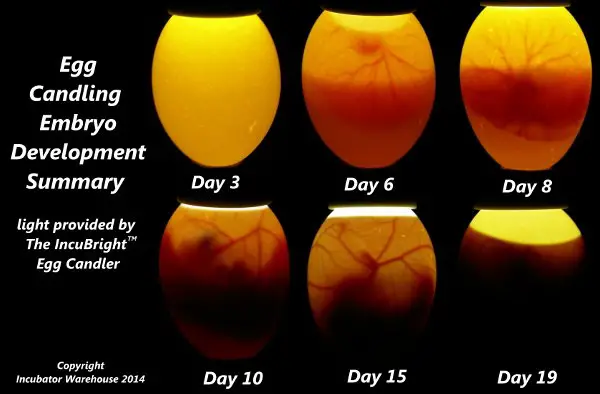
The float test is where you fill a bowl with water and place an egg inside it; if the egg stays on top of the surface, then this means that air has been able to enter into its porous shell, and therefore there may be some hope for hatching or incubating.
Candling will consist of you holding a torch or candeler near the egg and looking at how its shadow is cast on the surface. If the egg is viable, you will notice signs of life such as blood vessels and what looks like a little fetus and also movement inside the egg.
Both of these tests are a way to check how viable your eggs might be before caring for them, so you can make an informed decision on how to proceed and if it is worth trying!
Incubating The Eggs Yourself
Once you know your eggs are fertile, there are a number of ways you can try and incubate them to keep them alive.
Firstly, you will need some kind of incubator to create a nest for the eggs and provide the correct temperature and humidity levels.
DIY vs. Automatic

You can try building one yourself by using an old aquarium or glass box, or you can just buy an automatic egg incubator which will turn the eggs for you and adjust the temperature automatically taking the risk out of the process.
Temperature
If you decide to DIY or incubate manually, you need to have a stable area of heat at 99.5 degrees Fahrenheit. Maintaining the right temperature is crucial for the eggs to survive; if they are too hot for too long, then there is a chance that the egg will die.
Lighting
You will need to purchase a heat lamp (which should be at least 25 watts) and place it so that the heat can reach all of the eggs in your incubator or box.
If you are providing your own heat lamp for hatching or incubating these eggs, then make sure that they have a constant light cycle of 16 hours of light and eight hours of darkness.
Humidity
It is important to maintain a humidity of 40-60% in the beginning and then raising that to 65-75% as the eggs develop. This will help keep it moist and allow the embryo to not dry out while incubating.
Ventilation
Ventilating the incubator is also important. Fertilized eggs can't survive without air, so it's important to be mindful of the oxygen levels in incubators. Oxygen enters through pores in eggshells, and carbon dioxide exits through vents or open holes that allow for fresh airflow.
Once The Eggs Hatch
If all goes well with incubation, the eggs will start to hatch. This will happen after anywhere between 16 and 24 days, but it can sometimes take longer if they are not in a healthy environment.
After the eggs have hatched, you need to make sure that there is some kind of food waiting for them so that they don't starve!
Please see our post on feeding newborn parakeets to get a general idea of how to care for your new feathered friends, as feeding and nutrition information will be very similar across breeds and species!

